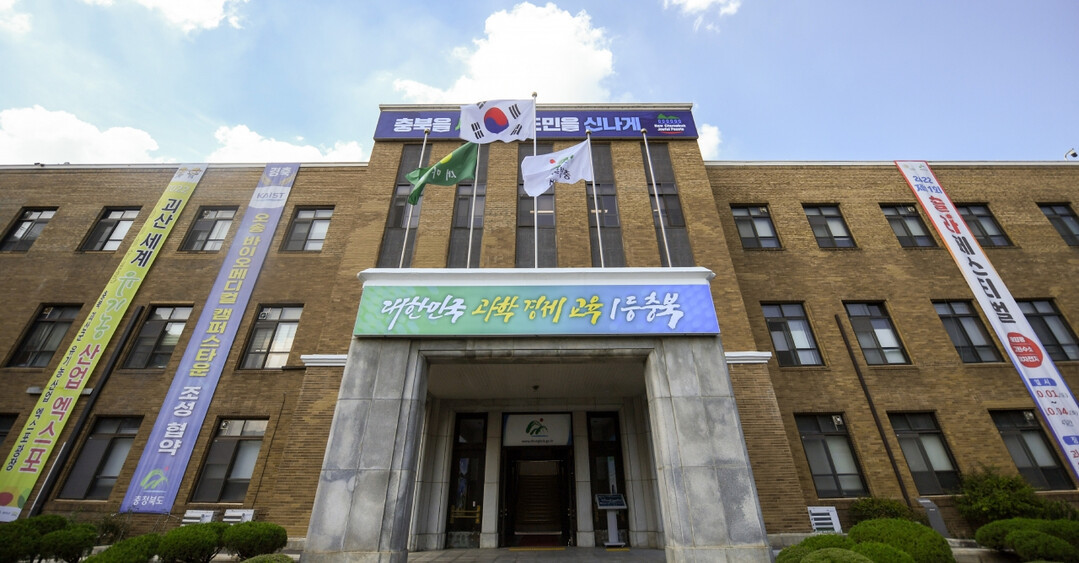
Seoul/Cheongju – An innovative social welfare policy pioneered by Chungcheongbuk-do (Chungbuk) Province, the 'Deferred Medical Payment System (의료비후불제)', is gaining significant traction and is set for adoption in major metropolitan areas, including Seoul and Gyeonggi Province. Originally launched to prevent vulnerable citizens from foregoing essential medical treatment due to sudden costs, the system’s success and high repayment rate are driving its nationwide expansion.
A Model for Medical Welfare: The Chungbuk Success Story
Chungbuk Province was the first in South Korea to implement the Deferred Medical Payment System. The policy acts as a vital safety net: a partner financial institution (Nonghyup) pays up to 3 million won of a vulnerable patient's medical bills upfront. The patient then repays the amount over a period of up to 36 months, interest-free.
The initiative targets those most susceptible to medical financial shocks, including residents aged 65 and over, recipients of the National Basic Livelihood Security, people from lower-income brackets (Cha Sang-wi), the disabled, national merit recipients, and multi-child households (two or more).
As of October 10, the program has provided crucial assistance to 2,102 provincial residents. Remarkably, the repayment rate stands at a robust 99.2%, demonstrating both the scheme's financial viability and the strong sense of responsibility among beneficiaries.
Han Chan-oh, Director of Chungbuk's Health Policy Division, emphasized during a recent policy forum that the program was initiated with the goal of ensuring no resident has to abandon treatment due to immediate financial burdens. He noted that the low non-repayment rate has solidified its status as a sustainable and effective measure, significantly increasing access to care for the medically vulnerable.
Metropolitan Adoption Underway: Seoul and Gyeonggi Step Up
The successful implementation in Chungbuk has spurred immediate action in the nation's two largest metropolitan areas.
Gyeonggi Provincial Assembly recently held a policy discussion on adopting the system, sharing Chungbuk’s success template and moving toward enacting necessary ordinances. Assembly members view the system as a timely and successful model to extend essential medical benefits to Gyeonggi's vulnerable population.
Seoul Metropolitan Government also signed an agreement with Chungbuk Province in December of last year to facilitate the policy's introduction. The city is currently undertaking administrative procedures, including revising relevant ordinances, with the aim of launching a pilot program in the first half of next year.
Chungbuk Province is optimistic that the adoption by Seoul and Gyeonggi marks the beginning of a national rollout of the Deferred Medical Payment System. Furthermore, the province is already in talks with the Ministry of Health and Welfare to expand the maximum aid limit from 3 million to 5 million won and to include additional vulnerable groups, such as single-parent families, in the support criteria.
The policy's journey from a provincial-level innovation to a prospective nationwide standard highlights its effectiveness in addressing systemic financial barriers to healthcare access. It establishes a new standard for social welfare by prioritizing public health and financial inclusion.
[Copyright (c) Global Economic Times. All Rights Reserved.]




























